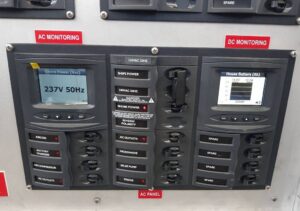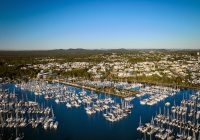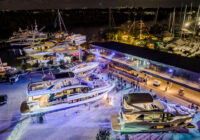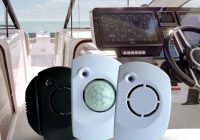From the office of Maritime Safety Queensland
Boat owners, masters and crew have a general safety obligation to ensure their boats are properly equipped and are safe and operated safely.

Boat builders, dealers and equipment suppliers also need to ensure electrical equipment on recreational boats is safely designed and installed.
The Transport Operations Marine Safety Regulation 2016 does not specify what electrical design and installation standards apply to recreational boats.
The legislation that applies to such electrical installations is the Queensland Electrical Safety Act 2002 (ES Act).
The ES Act aims to prevent people being killed or injured and property being destroyed or damaged by electricity.
It outlines the electrical safety duties of equipment manufacturers, importers and suppliers plus electrical equipment and installation designers, installers, and repairers.
The ES Act stipulates the requirement for an electrical work licence and electrical contractor licence to perform electrical work. It sets out a framework that provides consumer protection against electrical work not properly performed or completed and the requirements for electrical equipment.
Under the ES Act, the boat itself is not electrical equipment, but is an electrical installation.
Electrical installations in recreational boats in Queensland (including new, modified and replacement systems) must meet the requirements of AS/NZS 3004: 2014 Electrical installations – Marinas and recreational boats – Part 2: Recreational boat installations.
Electrical equipment installed in or used in recreational boats must meet the requirements of the Electrical Equipment Safety System (EESS) and Part 7 of the Electrical Safety Regulation 2013.
The marine information bulletin Queensland regulated ships – electrical standards and licences available on the Maritime Safety Queensland (MSQ) website provides a useful summary together with further links to information and contact details for MSQ’s regional offices.







